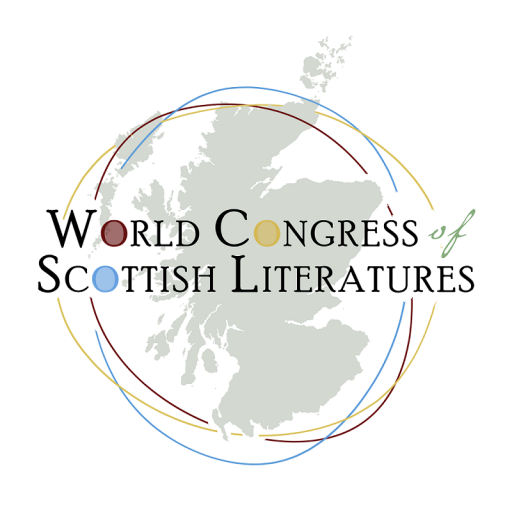Contemporary Scottish Gothic: Silenced Histories, Transnational Contexts
The emphasis on national liberation in Scottish political and cultural discourse of the 1980s and 1990s tended to eclipse Scotland’s involvement in empire and colonialism as a thematic concern for novelists. The publication of a cluster of works by some Scottish writers around the year 2000 signals a change in perspective, foregrounding a more complex account of Scotland’s transnational contexts. This paper investigates a not-yet-noted but significant aspect of this new imaginative conversation with Scotland’s past and relation to the empire: the engagement with the Gothic discourse. A comparative reading of Robertson’s Joseph Knight (2003) and Thompson’s Pharos (2002) facilitates my exploration of the cultural work of Gothic fiction, of the opportunities and the limits the genre affords in thinking about and interrogating Scotland’s silenced connections to empire, slavery, and racism. In using the familiar and long-established discourse of the Gothic to confront the tension between repression and revelation in the construction of history, Robertson and Thompson absorb slavery into narrative forms of historical understanding. Their novels expose the need to culturally address slavery though paradigms of the supernatural that arguably diminish its unspeakable horror. Simultaneously, they foreground a critique of the Scottish Gothic as ‘the voice’ of Scotland within that very form, unsettling the idea of a post-colonial rather than an imperially complicit Scotland, thus challenging the 1980s/early 90s tendency by some writers and critics to treat Gothic in Scottish texts as a distinctively ‘national’ form.
Carolina Buffoli, University of Edinburgh
